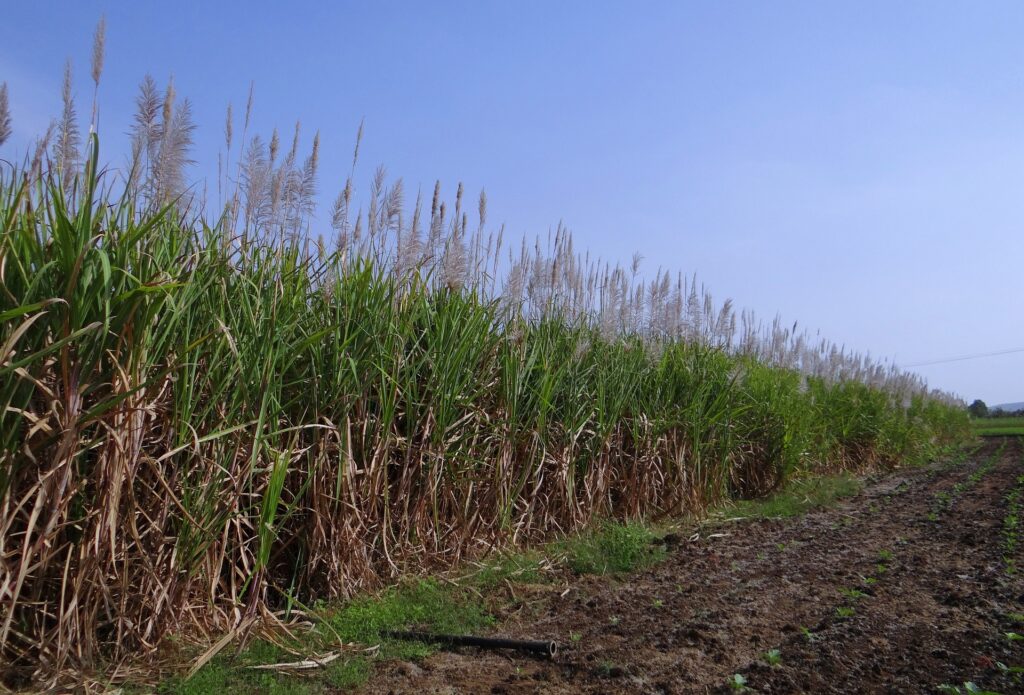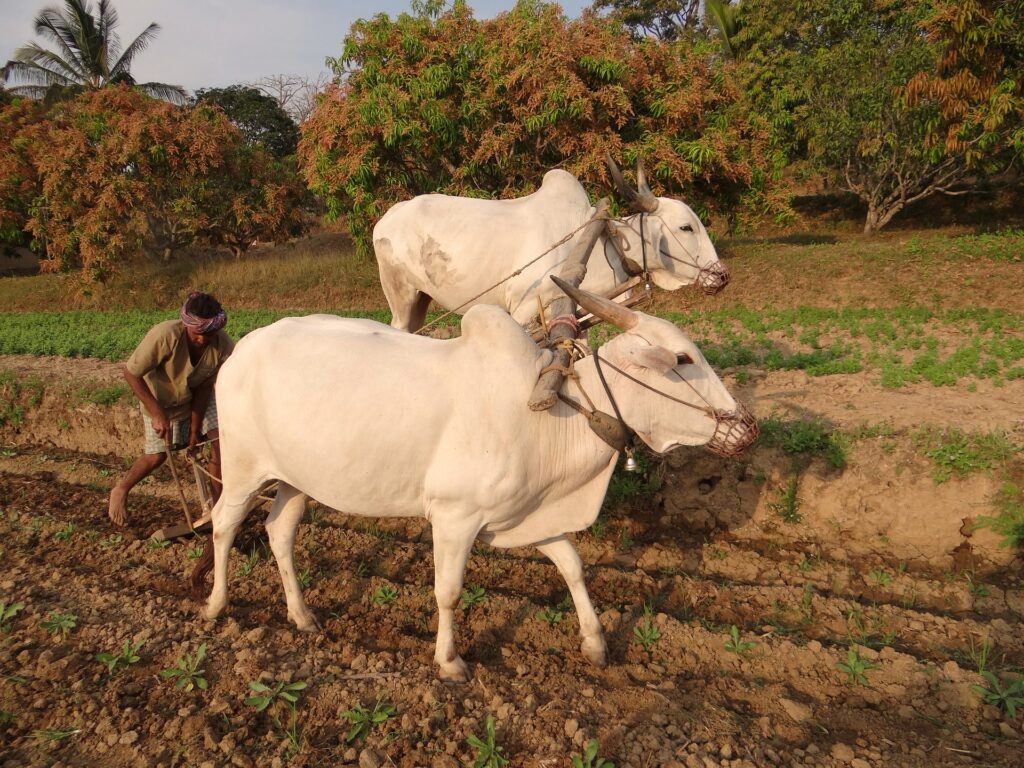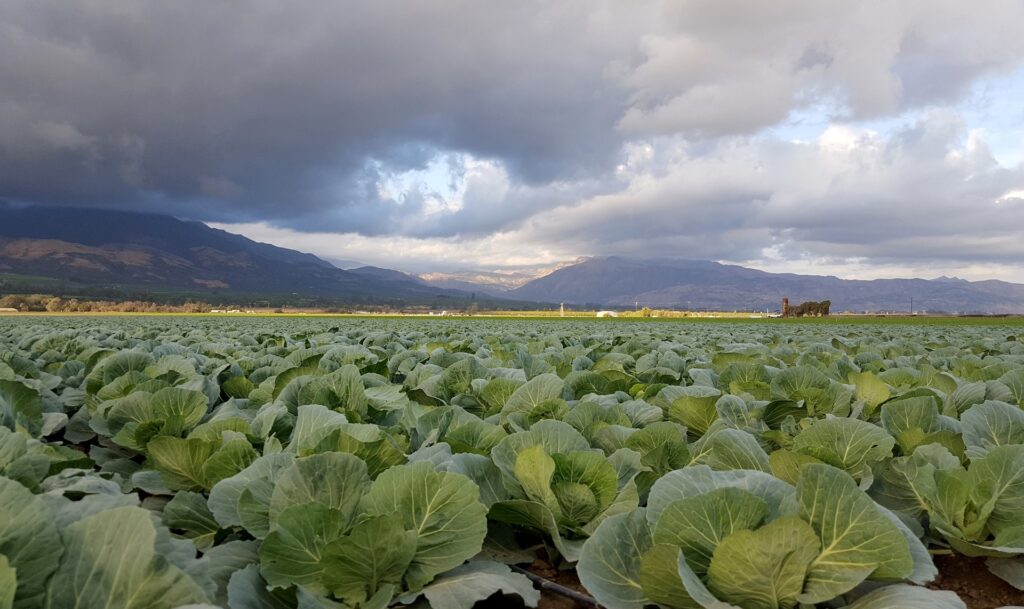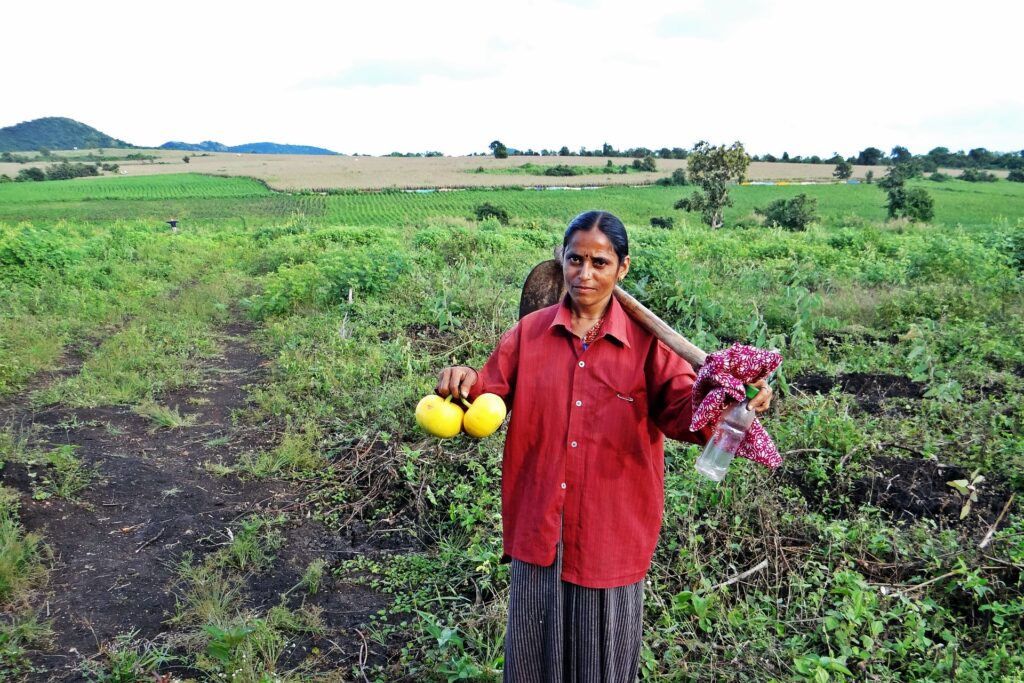Biotechnology has emerged as a game-changer in agriculture, offering innovative solutions to enhance crop productivity, improve resistance to pests and diseases, and address environmental challenges. In India, where agriculture is a cornerstone of the economy and a significant source of livelihood, the application of biotechnology holds the promise of transforming traditional farming practices and ensuring food security.
This article delves into the role of biotechnology in Indian agriculture, highlighting its applications, benefits, challenges, and future potential. We will explore how biotechnological advancements are reshaping the agricultural landscape in India and driving sustainable growth in the sector.

What is Biotechnology in Agriculture?
Biotechnology in agriculture involves the use of scientific techniques to manipulate and enhance the genetic material of plants and microorganisms for the purpose of improving agricultural productivity and sustainability. Key areas of agricultural biotechnology include:
Genetic Engineering: The modification of an organism’s DNA to introduce new traits or enhance existing ones. This includes the development of genetically modified (GM) crops with improved resistance to pests, diseases, and environmental stresses.
Molecular Breeding: The use of molecular markers and genetic mapping to accelerate the breeding process and develop new crop varieties with desirable traits, such as higher yields or better nutritional quality.
Tissue Culture: A technique that involves growing plant cells or tissues in a controlled environment to produce new plants. This method is used for plant propagation, conservation of rare species, and the production of disease-free planting material.
Biopesticides and Biofertilizers: The use of natural organisms or their products to control pests and enhance soil fertility. Biopesticides include beneficial microorganisms that target specific pests, while biofertilizers improve soil health by increasing nutrient availability.
Genomics and Proteomics: The study of an organism’s complete set of genes (genomics) and proteins (proteomics) to understand their functions and interactions. This knowledge helps in developing crops with enhanced traits and understanding plant responses to environmental changes.
Applications of Biotechnology in Indian Agriculture

Development of Genetically Modified (GM) Crops
India has been at the forefront of developing GM crops, particularly in the realm of cotton. Bt cotton, genetically modified to express a protein from the bacterium Bacillus thuringiensis, has been widely adopted by Indian farmers for its resistance to the cotton bollworm, a major pest. This has led to increased yields, reduced pesticide use, and higher income for cotton farmers.
In recent years, there have been efforts to develop GM varieties of other crops, such as rice, maize, and brinjal, with traits like drought resistance, pest resistance, and improved nutritional content. The regulatory framework and biosafety assessments for these crops are under continuous review to ensure their safety and efficacy.
Molecular Breeding for Crop Improvement
Molecular breeding techniques are used to develop new crop varieties with enhanced traits, such as improved yield, disease resistance, and better nutritional quality. For example, research institutes in India are working on developing high-yielding varieties of wheat and rice that are resistant to diseases like rust and blight.
Molecular markers are used to identify desirable traits in plants and select the best candidates for breeding programs. This accelerates the development of new varieties and reduces the time required to bring them to market.
Tissue Culture for Plant Propagation
Tissue culture techniques are employed to propagate plants rapidly and in large quantities. This method is particularly useful for producing disease-free planting material and conserving endangered plant species. In India, tissue culture is used for the production of crops such as bananas, orchids, and potatoes.
The technique also helps in developing new varieties of crops with specific traits, such as improved resistance to diseases or enhanced nutritional value.
Biopesticides and Biofertilizers for Sustainable Farming
Biopesticides and biofertilizers are increasingly being used to promote sustainable agriculture. Biopesticides, derived from natural organisms, offer an eco-friendly alternative to chemical pesticides. For example, the use of Trichoderma and Beauveria species helps control soil-borne pathogens and pests, reducing the need for chemical treatments.
Biofertilizers, such as nitrogen-fixing bacteria and mycorrhizal fungi, enhance soil fertility by improving nutrient availability and promoting healthy plant growth. This reduces the reliance on chemical fertilizers and helps maintain soil health.
Genomics and Proteomics for Crop Research
Genomics and proteomics research is advancing our understanding of plant biology and its interactions with the environment. In India, research institutes are studying the genomes of major crops to identify genes responsible for desirable traits and improve crop varieties accordingly.
Proteomics research helps in understanding the role of proteins in plant growth, development, and stress responses. This knowledge aids in developing crops that can better withstand environmental challenges and improve overall productivity.
Benefits of Biotechnology in Indian Agriculture

Increased Crop Yields
Biotechnology has led to the development of high-yielding crop varieties that produce more food per unit of land. GM crops like Bt cotton have demonstrated significant yield improvements, contributing to food security and higher incomes for farmers.
Reduced Dependency on Chemical Inputs
The use of biopesticides and biofertilizers reduces the need for chemical pesticides and fertilizers, promoting environmentally friendly farming practices. This helps in minimizing soil and water pollution and reduces the risk of harmful residues in food.
Enhanced Crop Resilience
Biotechnological advancements have resulted in crops with improved resistance to pests, diseases, and environmental stresses. This enhances the resilience of farming systems and reduces crop losses due to adverse conditions.
Improved Nutritional Quality
Biotechnology enables the development of crops with enhanced nutritional content, such as biofortified varieties of rice and wheat with higher levels of essential vitamins and minerals. This contributes to better health and nutrition outcomes for consumers.
Faster Breeding and Development
Molecular breeding and tissue culture techniques accelerate the development of new crop varieties, reducing the time required to bring improved varieties to market. This helps farmers quickly adapt to changing conditions and market demands.
Challenges in Biotechnology Adoption

Regulatory and Biosafety Concerns
The introduction of GM crops and other biotechnological innovations is subject to rigorous regulatory and biosafety assessments. Ensuring the safety of these technologies for human health and the environment requires comprehensive testing and monitoring, which can be time-consuming and costly.
Public Perception and Acceptance
There is often public skepticism and opposition to GM crops and biotechnology, driven by concerns about safety, environmental impact, and ethical issues. Addressing these concerns through transparent communication, education, and engagement with stakeholders is essential for fostering acceptance.
High Research and Development Costs
Biotechnology research and development involve significant investment in terms of time, money, and resources. The costs associated with developing new technologies and bringing them to market can be prohibitive, particularly for small-scale research organizations and startups.
Limited Access to Technology
Access to advanced biotechnological tools and expertise is often limited to well-resourced research institutions and large agribusinesses. Ensuring that smallholder farmers and rural communities benefit from biotechnological advancements requires targeted initiatives and support.
Intellectual Property Issues
The protection of intellectual property rights (IPR) related to biotechnological innovations can be complex and contentious. Balancing the interests of inventors, companies, and farmers while ensuring equitable access to technology is a challenge that needs to be addressed.
Future Prospects of Biotechnology in Indian Agriculture

Precision Agriculture
The integration of biotechnology with precision agriculture technologies, such as remote sensing and data analytics, holds great potential for optimizing crop management practices. Precision farming can enhance the efficiency of biotechnological interventions and improve overall farm productivity.
Climate-Resilient Crops
Research into developing climate-resilient crops that can withstand extreme weather conditions, such as droughts and floods, will be crucial for ensuring food security in the face of climate change. Biotechnology offers tools for enhancing crop resilience and adapting to changing environmental conditions.
Integration with Sustainable Farming Practices
Biotechnology can be combined with sustainable farming practices, such as organic farming and agroecology, to create holistic approaches that promote environmental conservation and agricultural sustainability.
Global Collaboration and Knowledge Sharing
International collaboration in biotechnology research and knowledge sharing can accelerate the development and adoption of innovative solutions. Partnerships between Indian research institutions, universities, and global organizations can foster the exchange of expertise and resources.

Conclusion
Biotechnology has the potential to revolutionize agriculture in India by enhancing crop productivity, improving resilience, and promoting sustainable farming practices. While there are challenges related to regulation, public perception, and access to technology, the benefits of biotechnology for farmers and consumers are substantial.
As India continues to invest in biotechnological research and development, it is essential to address these challenges through robust regulatory frameworks, transparent communication, and inclusive approaches that ensure equitable access to technology. By harnessing the power of biotechnology, India can drive innovation in agriculture, secure food supplies, and build a resilient and sustainable agricultural system for the future.